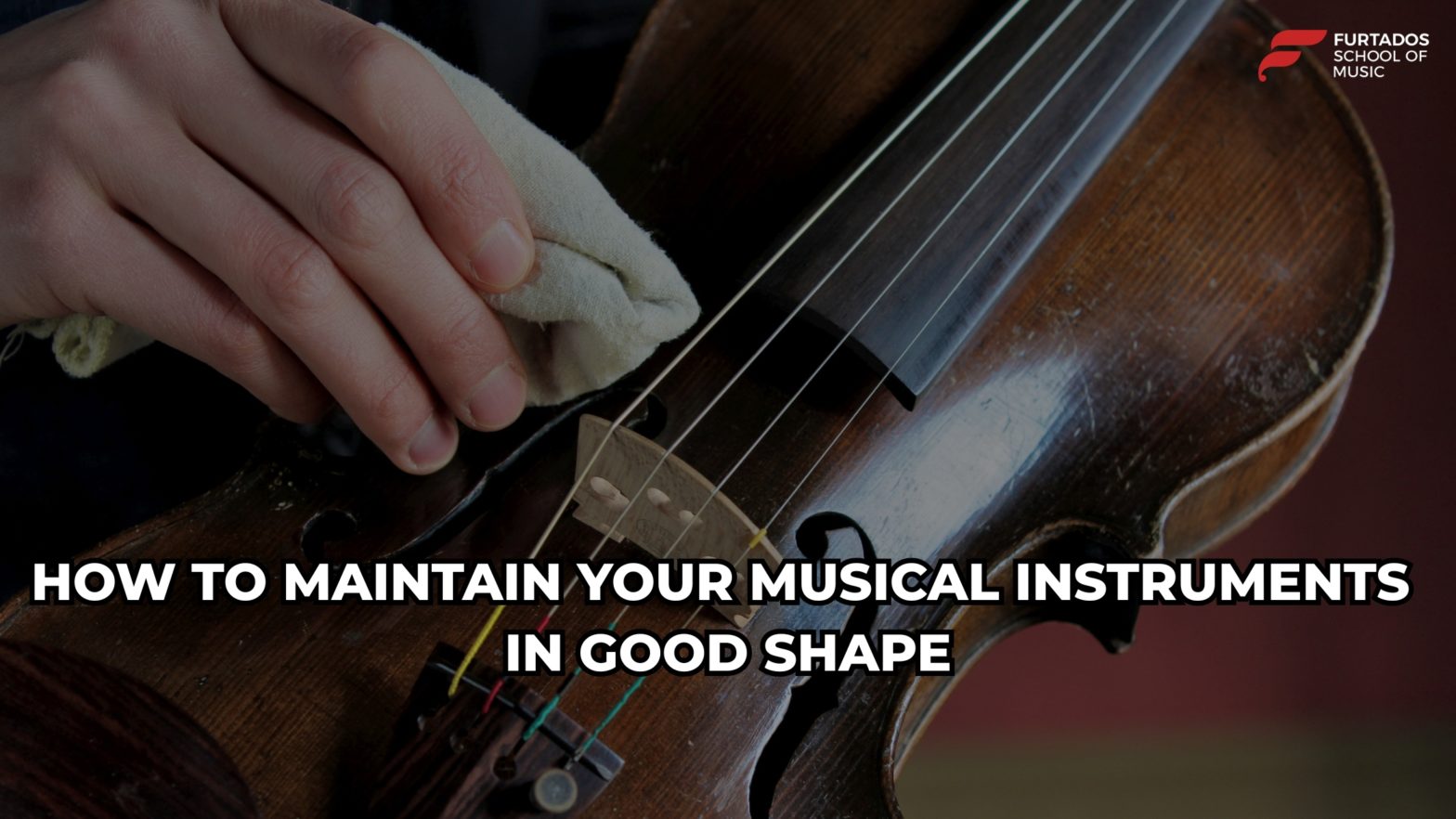Whether you’re a budding musician or a seasoned performer, your instruments are your trusted companions. Just like any valuable tool, they require regular attention and care to stay in their best form. Neglect can lead to poor sound quality, expensive repairs, or worse—irreversible damage. In this blog, we’ll walk you through essential practices for musical instrument care, offer practical instrument maintenance tips, and show you how to Maintain Your Musical Instruments the right way.
Let’s dive into the five best ways to keep your instruments in top-notch condition.
1. Clean Your Instruments Regularly
One of the most basic yet crucial steps is understanding how to Maintain Your Musical Instruments. Each type requires its own cleaning method:
- String instruments (like guitars and violins): Wipe strings and body with a microfiber cloth after playing. Use string cleaner occasionally to remove finger oils and dirt.
- Wind instruments (like flutes and trumpets): Use swabs, brushes, and mouthpiece disinfectants to prevent build-up and bacteria.
- Percussion instruments (like drums): Dust drum heads, cymbals, and hardware. For electronic drums, avoid using wet cloths near sensors.
Avoid using household cleaners unless they are specifically made for instruments, as these can damage finishes or sensitive components.
2. Store Instruments Properly
Proper storage is a vital part of musical instrument care. Environmental factors like temperature, humidity, and sunlight can warp wood, rust metal, and unglue joints.
- Keep instruments in hard cases or padded bags.
- Store in a cool, dry place away from direct sunlight.
- Use silica gel packs or a dehumidifier for wooden instruments.
- Avoid leaving instruments in your car—extreme heat or cold can cause serious damage.
A little effort in storage goes a long way in preserving the life and tone of your instruments.
3. Tune and Check for Wear
Routine check-ups are a part of smart instrument maintenance tips. Always tune your instrument before and after practice. For string players, this keeps tension even and helps spot worn-out strings early. For wind instruments, check cork joints and valves for signs of drying or cracks. Drummers should inspect their sticks, heads, and hardware for wear and tear.
If you notice odd sounds, increased effort to play, or visible damage, don’t ignore it—minor issues can snowball into costly repairs if not addressed in time.
4. Schedule Professional Servicing
No matter how diligent you are with cleaning and tuning, periodic professional servicing is non-negotiable. Luthiers (for string instruments), repair techs (for brass/woodwinds), or certified technicians (for digital gear) can provide deep cleaning, part replacements, and structural adjustments that home care can’t.
An annual check-up for most instruments is recommended, though heavy-use instruments may need more frequent attention. This is one of the most overlooked yet powerful instrument maintenance tips that can significantly extend your instrument’s life.
5. Handle with Clean Hands and Care
It may seem obvious, but playing with clean hands can reduce grime, oil, and bacterial transfer to your instrument. Make it a habit to wash or sanitize your hands before playing, especially if you’re sharing instruments.
Also, avoid eating or drinking (especially sugary or sticky drinks) right before playing wind instruments. Food residue can easily enter the instrument and become a breeding ground for bacteria.
Being mindful in how you handle your gear is a simple yet effective way to practice good musical instrument care every day.
Final Notes
Taking care of your instrument is just as important as practicing it. Think of it as respecting your craft. Whether you’re learning at home or performing on stage, a well-maintained instrument is key to achieving your best sound.
By following these five practical tips—cleaning regularly, storing correctly, tuning and checking for wear, scheduling professional servicing, and handling with care—you can master the art of musical instrument care and keep your sound sharp for years to come.
So next time you finish a jam session or lesson, take a few extra minutes for your instrument. Your future self (and your music) will thank you.
